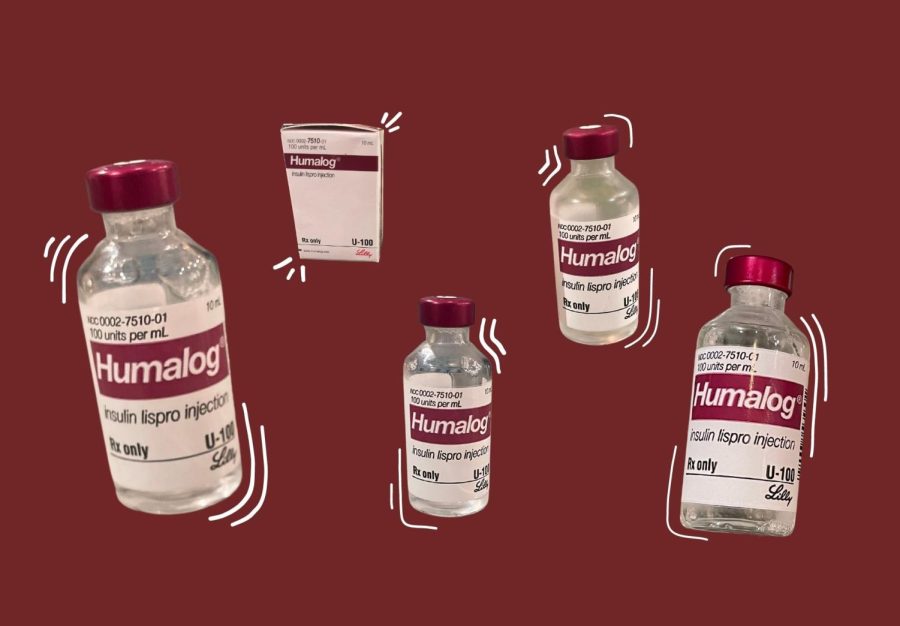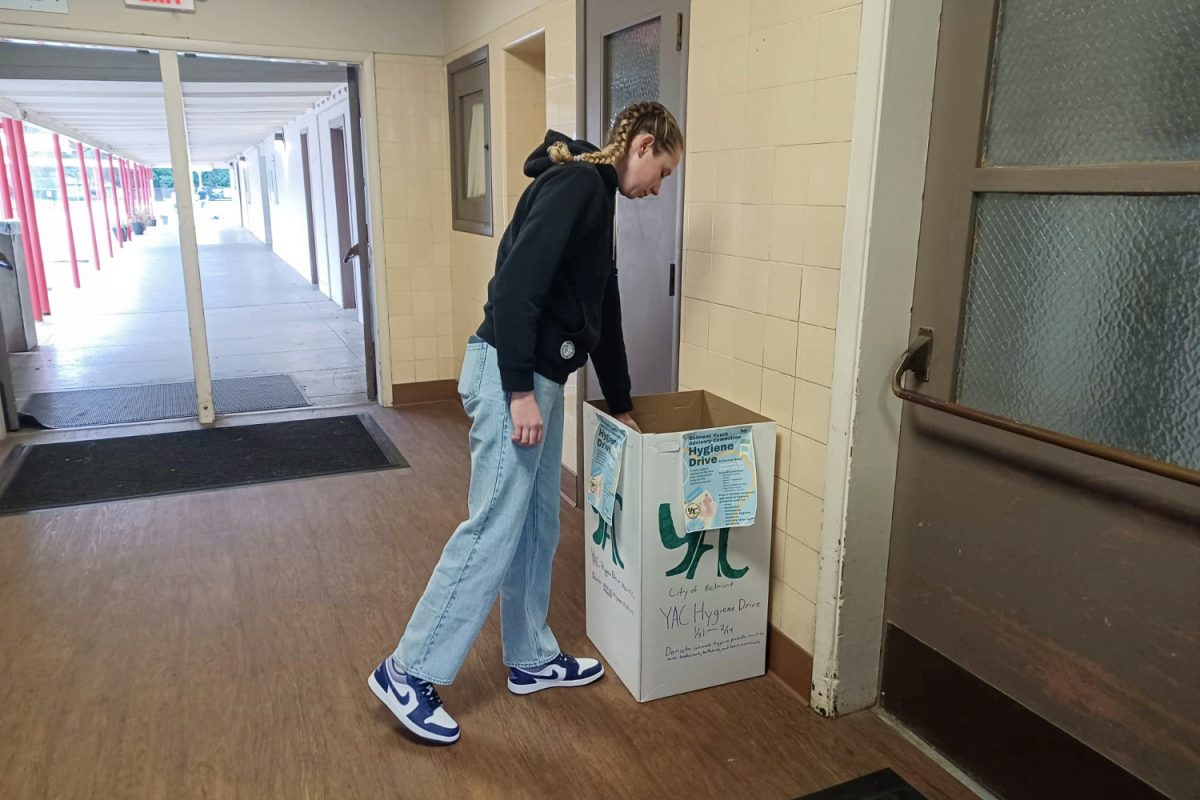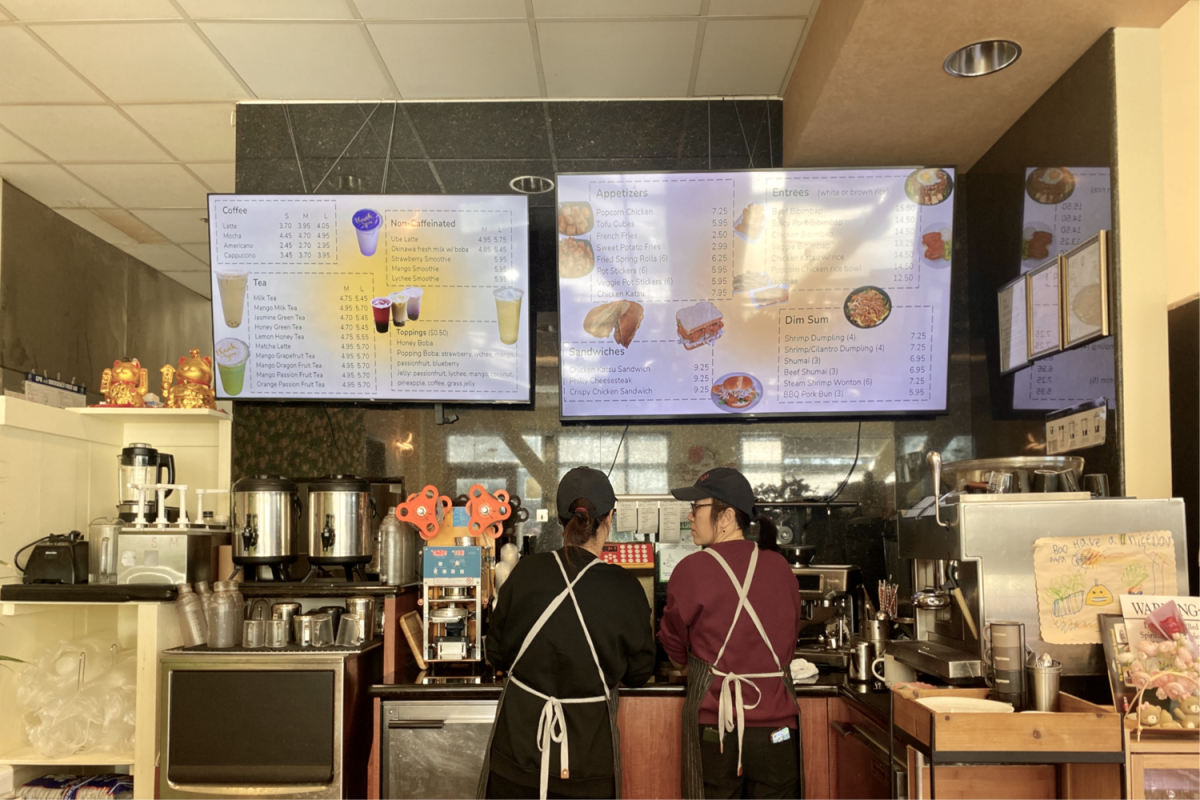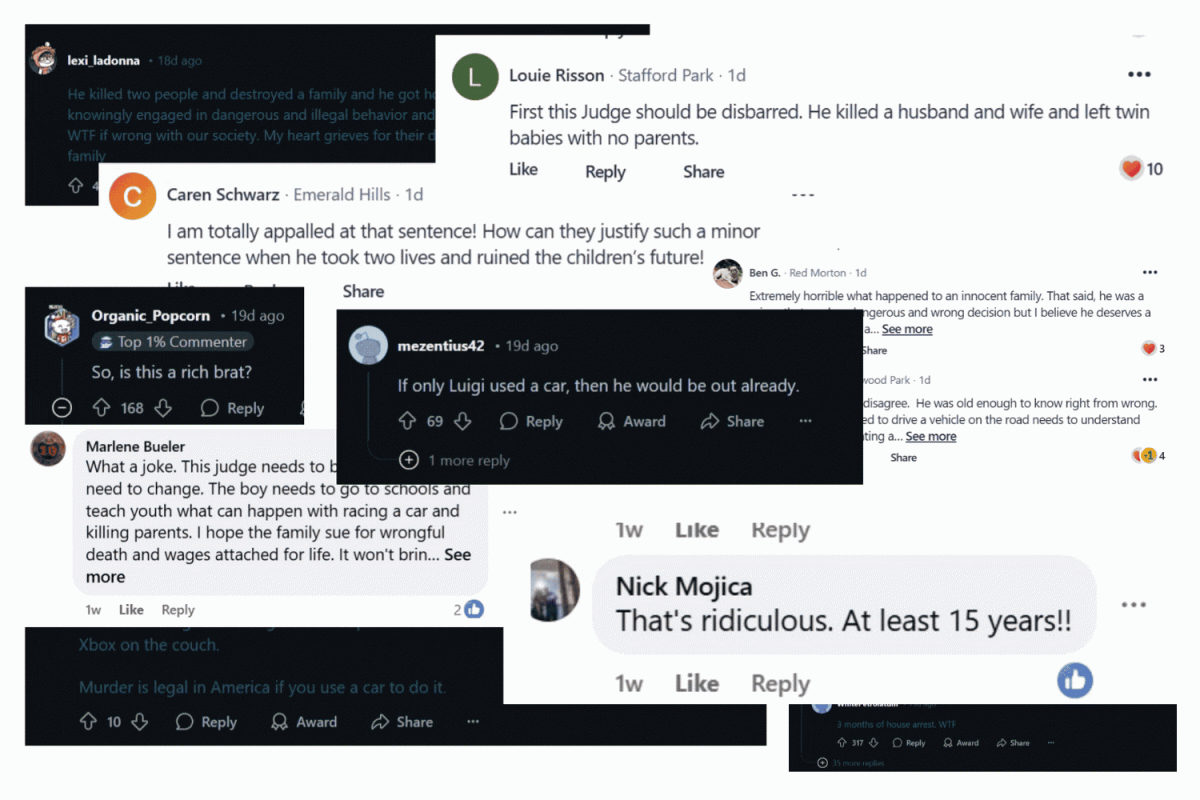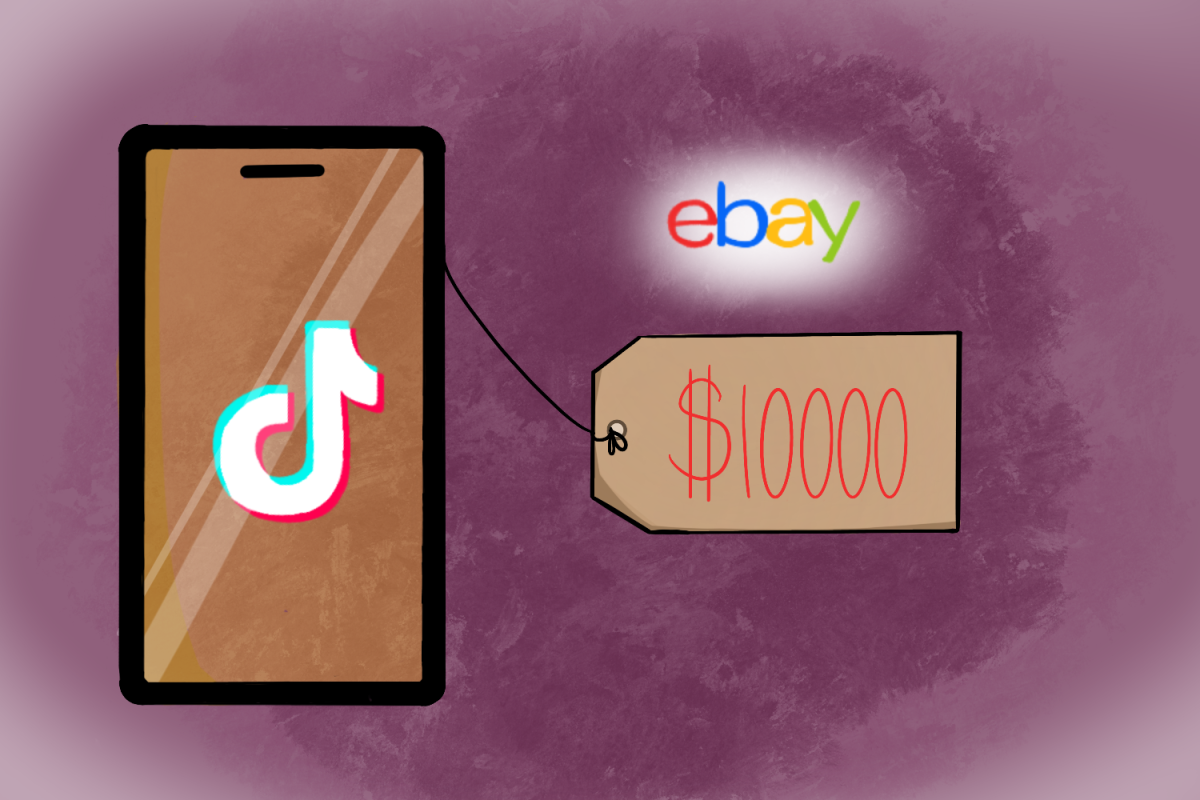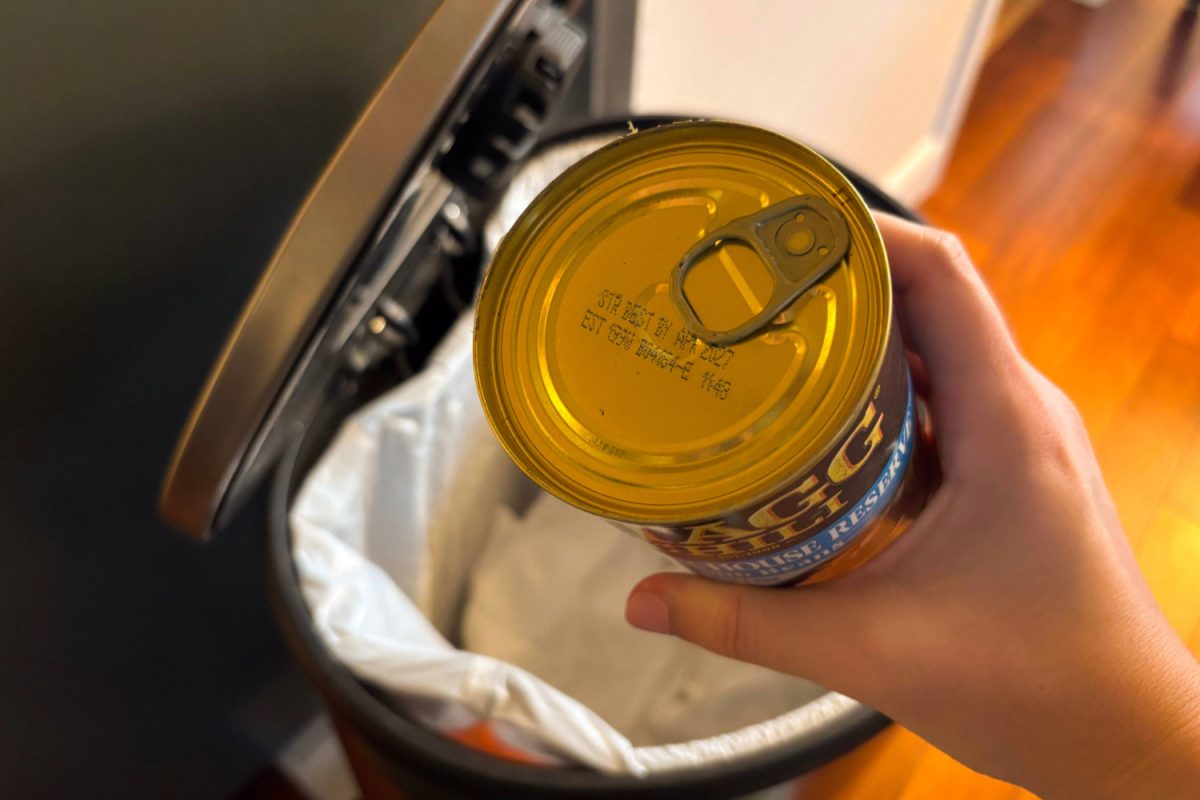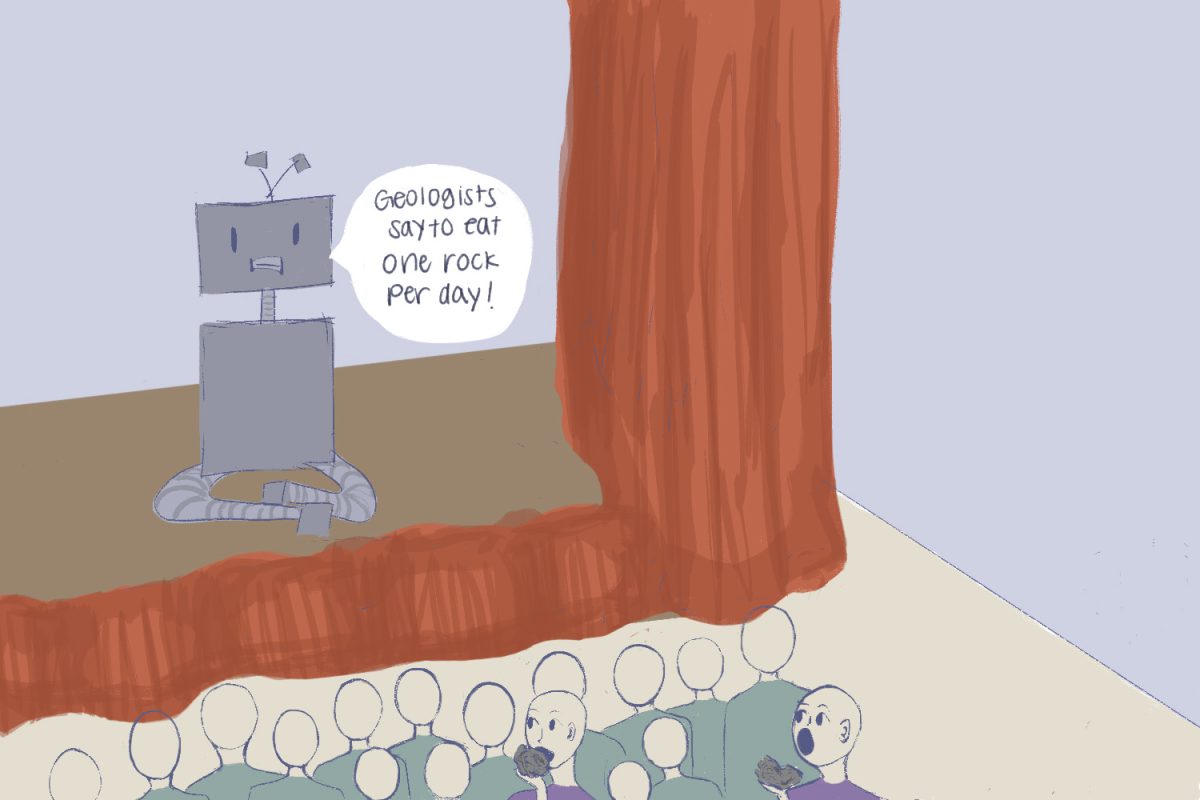Eli Lilly and Co. was the first major pharmaceutical company to announce that it will reduce the price of its most commonly used insulin product by 70%, effective May 2023. Along with a few other changes, they will also be capping out-of-pocket costs at $35 at certain retail pharmacies for people with commercial insurance.
Lilly’s announcement on March 1 of this year was quickly followed by a similar announcement on March 14 by prominent Dutch competitor Novo Nordisk Inc. Novo Nordisk declared that they were lowering the list prices of several insulin products by 75%, including both long-acting and short-acting medication.
“I recently started taking insulin about two months ago, and the manufacturer of one of my insulins, which is short-acting (NovoLOG), is fairly expensive even though discounted by insurance. It is manufactured by Novo Nordisk and currently costs me $75,” said Carlmont parent Reminda Cruz.
Cruz believes that while helpful to all, the price reductions will most significantly benefit individuals who require insulin but do not have health insurance.
“I do not think this will significantly impact my life, because I have health insurance that covers a portion of my insulin expense, but with the price cut, my expenses may be reduced,” Cruz said.
Lilly’s press release seems to have established a trend of price cuts across companies. As public pressure mounted, French company Sanofi also revealed a plan on March 16 to cut the U.S. list price of their most commonly prescribed insulin by 78%, as well as cap the out-of-pocket cost at $35 for all patients with commercial insurance. This announcement came two days after Novo Nordisk’s.
“I think it’s wonderful news that these companies reduced prices to make insulin affordable and available for those who need it,” Cruz said.
For adolescents, diabetes can pose a huge challenge to everyday life, especially as students are forced to think about their medical futures. Evarista Gonzales, a freshman at Carlmont, expressed her excitement at the recent announcements. She uses Lilly insulin to treat her diabetes.
“I could definitely see it impacting my life when I’m older, when I can’t depend on my parents anymore and have to start figuring out my own insurance and paying for my own healthcare,” Gonzales said.
While he believes these changes are a cause for celebration, Carlmont science teacher Michael O’Neall wants to make sure that it doesn’t stop here.
“Something caused this change and we should figure out what it is. Whether it was public pressure, the recent insulin law passing, or a change in thinking within the company, we need to start applying those to as many pharmaceutical companies as we can. The biggest change this can make is us learning from this and making sure the trend continues,” O’Neall said.
Many are skeptical of the motives behind the companies’ actions. Even though the decisions are widely considered a win for the general public, many doubt the kindhearted image that companies create for themselves with these announcements.
“I think Lilly and Novo Nordisk should be acknowledged for their actions to help provide affordable medication to those who need it, but they are still a business. They need to make sure investors are happy and that the announcement and actions they make ensure good press. If they continue to provide price reductions across all their medicines, then they should be applauded,” Cruz said.
O’Neall hopes that the public won’t become too dependent on the sympathy of pharmaceutical companies.
“I think waiting on the altruism of billion-dollar, for-profit companies to save lives isn’t a good strategy. We need to keep putting pressure on politicians and companies to put people’s lives over money,” O’Neall said.


